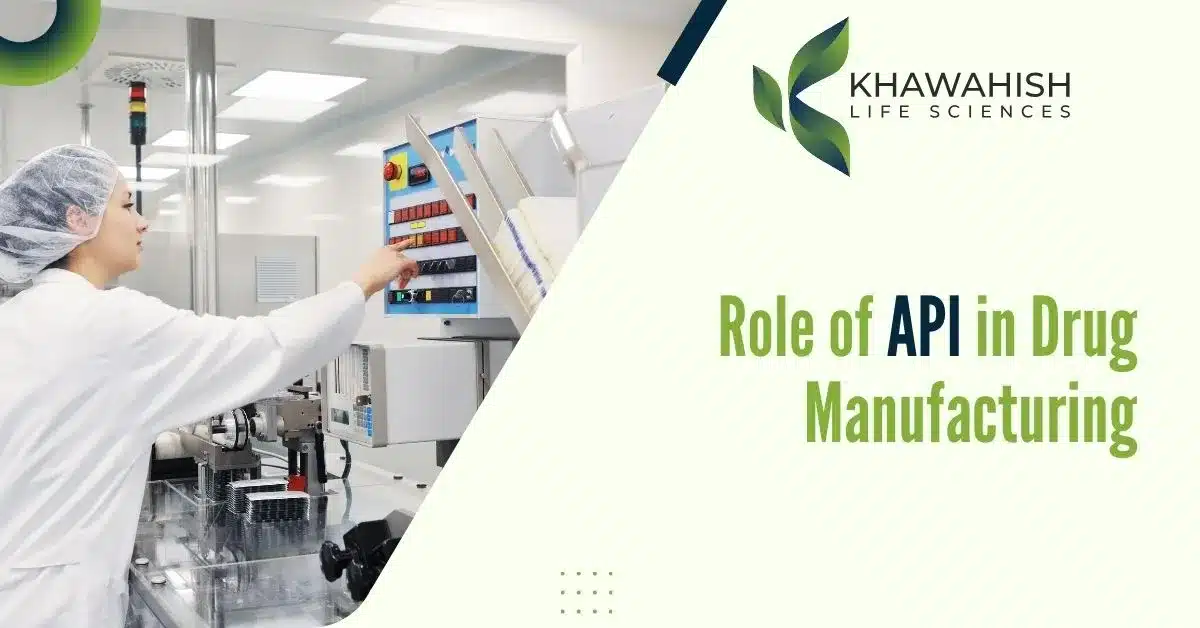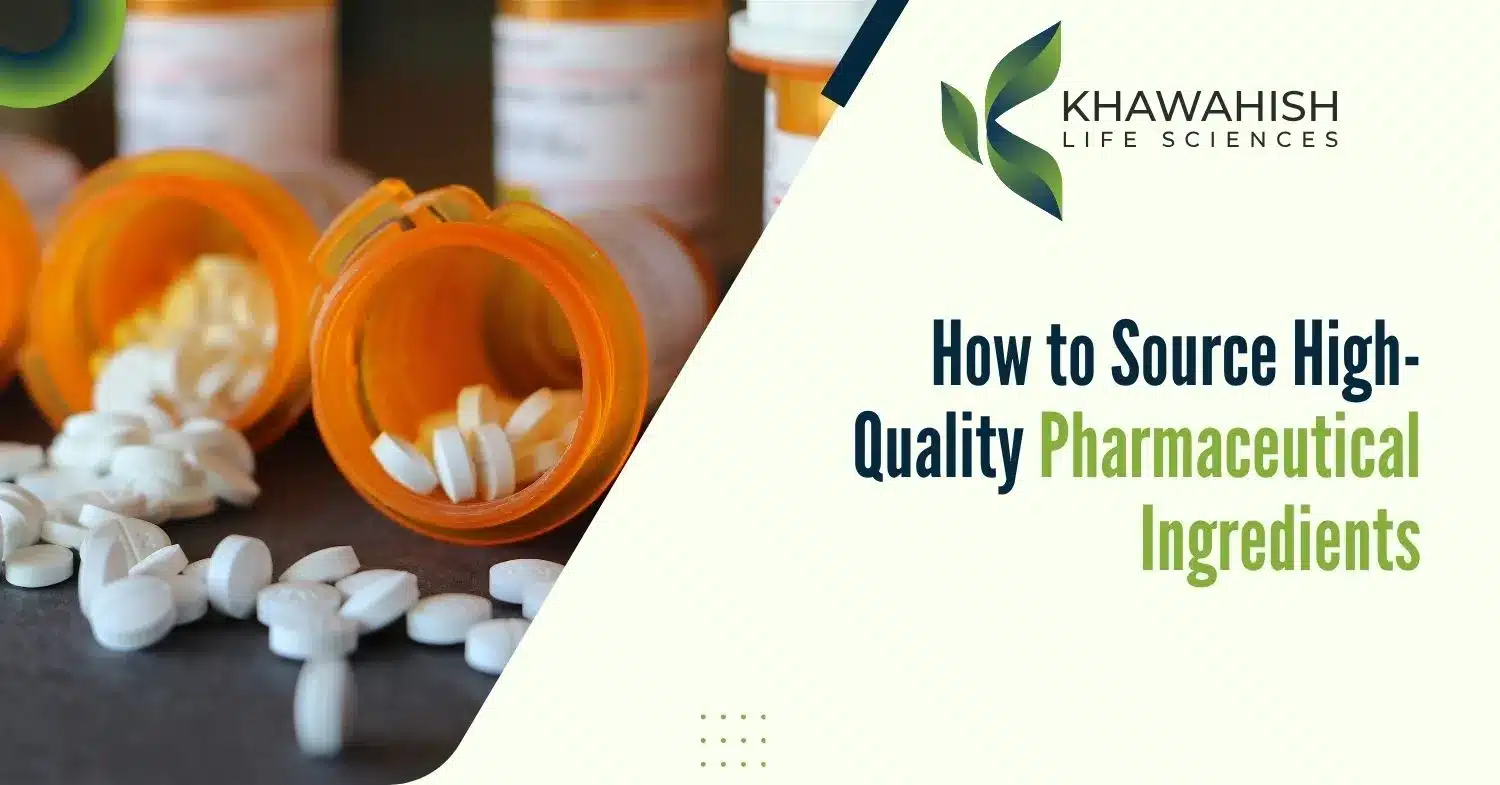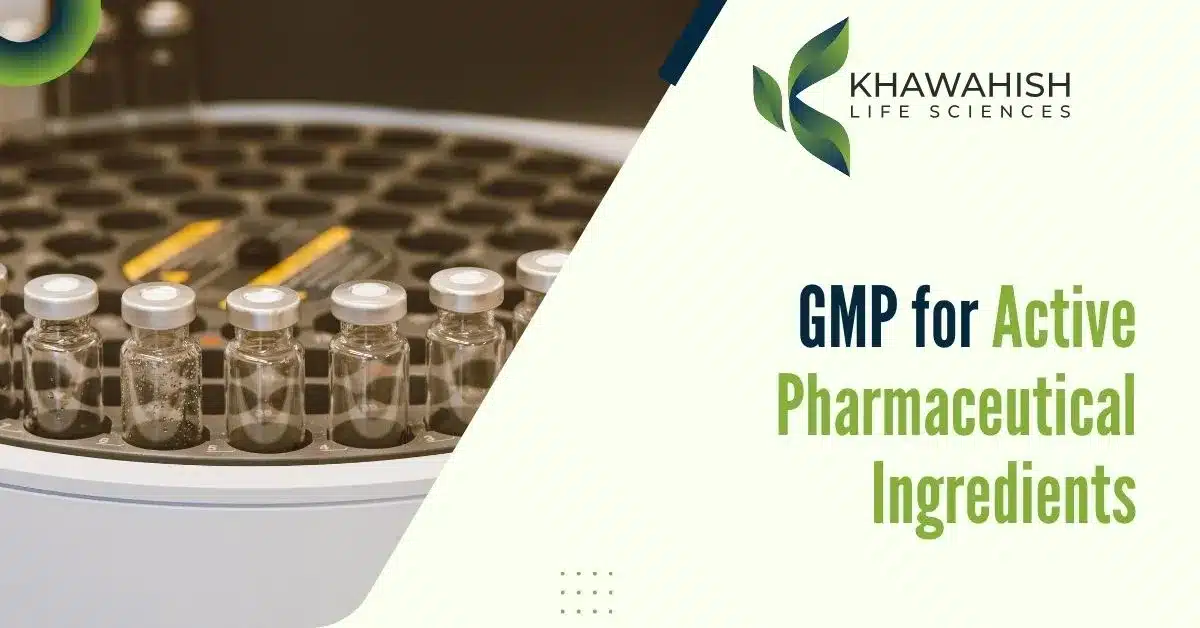
In the pharmaceutical industry, the success of a drug depends not only on its formulation but also on its key ingredients. One such essential component is the Active Pharmaceutical Ingredient (API). APIs are the core substances in pharmaceutical drugs that produce the intended therapeutic effects. Understanding the significance of APIs is critical for manufacturers, researchers, and consumers alike. In this blog, we will explore the role of APIs in drug manufacturing, their production process, and why they are vital for the effectiveness and safety of medicines.
What is an Active Pharmaceutical Ingredient (API)?
An Active Pharmaceutical Ingredient (API) is the substance in a drug that is biologically active and is responsible for its therapeutic effect. Whether it’s a painkiller, an antibiotic, or a cancer drug, the API is what makes the drug effective in treating a particular health condition. The API is combined with other inactive ingredients, called excipients, which help with the stability, absorption, and delivery of the drug.
Importance of API in Drug Manufacturing
- Ensures Drug Efficacy:
The primary role of the API is to produce the desired therapeutic effect. For example, in a pain-relieving medication, the API is responsible for reducing the pain, making it an essential ingredient in the formulation. The efficacy of the drug is largely determined by the API’s quality and dosage. - Regulatory Compliance:
APIs must meet strict regulatory standards set by health authorities, such as the U.S. FDA, EMA, and WHO. These regulations ensure that the API is manufactured under controlled conditions, providing consistency and reliability in the drug’s quality. APIs undergo rigorous testing for purity, potency, and stability before being incorporated into drug formulations. - Safety and Quality:
APIs contribute significantly to the safety profile of a drug. Impurities or contaminants in APIs can affect drug performance and lead to adverse side effects. Drug manufacturers must use high-quality APIs sourced from reputable suppliers, ensuring that they meet the necessary safety and quality standards. - Customization for Specific Treatments:
APIs play a crucial role in developing specialized drugs for specific medical conditions. Depending on the disease being targeted, the API is selected based on its effectiveness, potency, and compatibility with other ingredients in the formulation. This allows for the creation of personalized medicines, making treatment more effective and tailored to individual patients.
Ready to learn more about how APIs ensure drug safety and efficacy? Contact us to our team and get detailed insights into the pharmaceutical manufacturing process.
How is API Produced?
The production of APIs involves a series of intricate steps that ensure the purity and consistency of the final product. Here is an overview of the API manufacturing process:
- Chemical Synthesis:
The most common method for producing APIs is through chemical synthesis, where the active compound is synthesized using chemical reactions. This process is typically used for small-molecule drugs. - Biotechnological Methods:
For larger, more complex molecules like biologic drugs, APIs are often produced using biotechnology techniques, such as recombinant DNA technology. This method is used to create biologically derived drugs like monoclonal antibodies. - Extraction from Natural Sources:
Some APIs are derived from natural sources, such as plants or microorganisms. These APIs are extracted and purified to ensure they meet the required specifications for drug manufacturing. - Quality Control:
Throughout the production process, stringent quality control (QC) measures are implemented. APIs undergo various tests to check for impurities, potency, stability, and compliance with pharmacopoeial standards.
Role of API in Drug Quality Control and Assurance
Quality control and assurance are crucial aspects of pharmaceutical manufacturing. APIs undergo multiple levels of testing to ensure their quality and purity before they are used in drug formulations. Quality control processes include:
- Testing for Purity and Potency: APIs must be free from contaminants and must contain the correct amount of active substance to ensure effectiveness.
- Stability Studies: APIs are tested for stability under different conditions to ensure the final drug will maintain its efficacy throughout its shelf life.
- Compliance with Regulatory Standards: APIs must meet the quality standards set by international pharmacopeias and regulatory authorities, ensuring their safety and effectiveness for human use.
Frequently Asked Questions
What is an API in pharmaceutical terms?
An Active Pharmaceutical Ingredient (API) is the primary component in a drug that produces the therapeutic effect. It is responsible for the intended action of the drug, such as relieving pain, fighting infection, or treating a disease.
How are APIs produced?
APIs are produced through chemical synthesis, biotechnological methods, or natural extraction. The method used depends on the type of drug being manufactured, whether small-molecule or biologic.
Why are APIs important in drug manufacturing?
APIs ensure the efficacy, safety, and quality of the drug. They are responsible for the therapeutic action of the medication and are subject to strict regulatory standards to ensure consistency and reliability.
How do APIs contribute to drug safety?
APIs must meet rigorous testing and quality control standards to ensure they are free from impurities and contaminants. This ensures the drug’s safety and minimizes the risk of adverse effects for patients.
Conclusion
Active Pharmaceutical Ingredients (APIs) are at the heart of every pharmaceutical product. They ensure the effectiveness, safety, and quality of the drug, and their role in the drug manufacturing process cannot be overstated. From ensuring compliance with regulatory standards to contributing to the therapeutic effect, APIs are crucial for producing high-quality medications.
Pharmaceutical manufacturers must pay close attention to the sourcing, production, and testing of APIs to ensure their drugs provide the best possible treatment for patients. As the pharmaceutical industry continues to evolve, the importance of APIs in drug manufacturing will only grow, contributing to the development of safer, more effective medicines.


